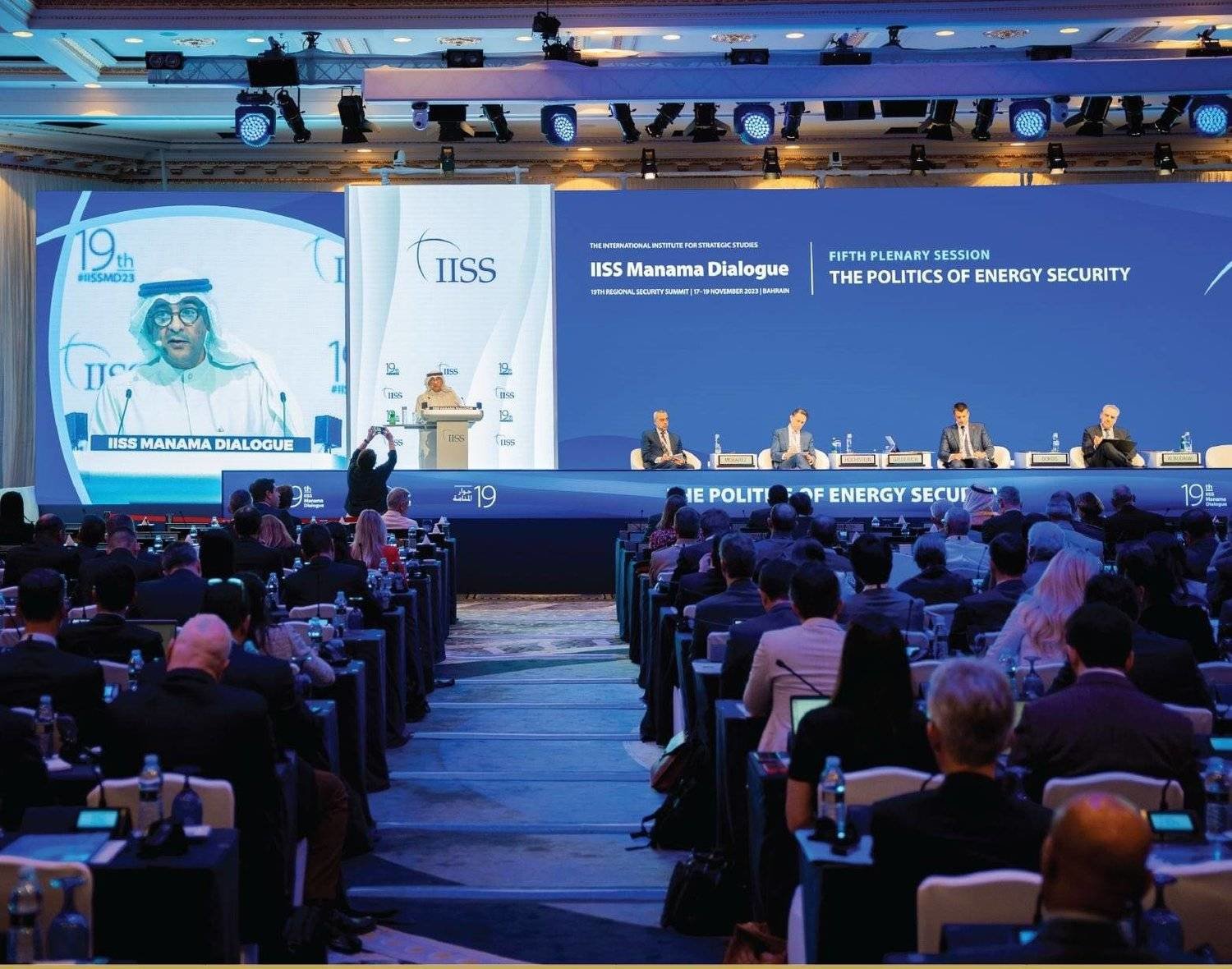The concept of a “Parliament of Man” resonates profoundly within the framework of Bahá’í teachings, epitomizing a blueprint for global cooperation and unity among humanity. This notion, deeply embedded in the writings of Bahá’u’lláh, the founder of the Bahá’í Faith, offers a compelling vision of structured governance at an international level—one that transcends the boundaries of nation-states and cultural disparities. The underlying principles of this paradigm are not merely aspirational; they serve as a practical guide for addressing contemporary global challenges.
At the heart of Bahá’í teachings lies the imperative of unity—unity of humanity. This principle manifests itself in the idea that genuine peace can only be attained through the collective effort of all peoples. The Parliament of Man embodies this essence; it stands as a metaphorical assembly where individuals from diverse nations and backgrounds converge to deliberate and devise solutions to the pressing issues confronting humanity. This idea can be likened to the concept of a ‘global council’ that integrates the interests of all tribal, national, and ethnic groups into a singular framework of dialogue and negotiation.
The Bahá’í teachings promote the establishment of a world government, one that is efficacious and representative, governing the affairs of the planet in a manner that aligns with the collective aspirations of its populace. This global governance system would not merely be a political construct but a holistic entity that encompasses social, economic, and cultural dimensions of life. It seeks to eradicate the scourge of war and conflict through cooperative efforts, laying the foundational stone for a peaceful competition of ideas and policies.
Moreover, the teaching advocates for an unprecedented level of consultation and collaboration. This approach encourages individuals and nations alike to engage in sincere dialogue, fostering an environment wherein differing perspectives are not merely tolerated but embraced as essential to the decision-making process. Such consultations would be predicated on the principles of justice and equity, ensuring that each voice resonates and is accorded due consideration. The Parliament of Man thus stands as an embodiment of inclusivity, cultivating a culture of respect and recognition for divergent views, while simultaneously striving towards a common goal.
The aspirational vision articulated within Bahá’í teachings underscores the significance of education as a cornerstone for achieving global unity. Education is not restricted to academic pursuits; it encompasses moral and spiritual growth, equipping individuals with the necessary tools to discern right from wrong and enabling them to contribute effectively to society. A globally educated populace is essential for the sustainable advancement of any future governing body. Through education, the Bahá’í community seeks to lay the groundwork for a collective understanding of shared values and the recognition of the oneness of humanity, both pivotal for establishing a truly collaborative international framework.
Furthermore, the current global climate—marked by geopolitical tensions, economic disparities, and environmental crises—highlights the urgency for implementing the framework suggested by the Bahá’í Faith. The Parliament of Man concept addresses the imminent need for cooperative mechanisms to respond to these dilemmas effectively. For instance, climate change, as an existential threat transcending borders, necessitates a unified response that goes beyond national self-interests. A collective approach that mirrors the Parliament of Man could structure negotiations on climate action, where all participating entities commit to alleviating this global crisis with equitable burdens and shared responsibilities.
In pursuing its vision for a global assembly, the Bahá’í community advocates for the establishment of international institutions dedicated to fostering peace, justice, and cooperation. These institutions must possess the authority and legitimacy to implement binding resolutions and mediate conflicts. The challenges of ensuring compliance, however, require a profound transformation in ideological perspectives, where nations prioritize collective wellbeing over territorial ambitions. The advent of a Parliament of Man, thus, hinges on a cultural metamorphosis—one that champions shared humanity as the defining characteristic of socio-political interaction.
Additionally, it is crucial to reckon with the role of technology in facilitating this vision. The rapid evolution of digital communication platforms presents unprecedented opportunities for global interaction. Social media and online forums can serve as modern-day extensions of the Parliament of Man, creating spaces for dialogue and discussion regardless of geographical constraints. Such advancements enable a broader representation in global discourse, democratizing participation and fostering grassroots movements that echo the principles of the Bahá’í Faith.
The notion of the Parliament of Man invites one to ponder the profound interconnectedness of our global landscape. In recognizing that the fates of individuals and nations are inextricably intertwined, we begin to cultivate a mindset geared towards synergy rather than isolation. As Bahá’í teachings emphasize, this journey towards unity is not merely a circumstantial endeavor; it is an imperative driven by the moral evolution of humanity itself. Each step taken towards realizing this vision of global cooperation is a testament to our collective growth and resilience.
In conclusion, the Parliament of Man serves as an essential blueprint encapsulated within Bahá’í teachings, urging humanity to forge a path of collaboration and interdisciplinary dialogue. Its vision extends beyond mere governance; it encapsulates the ethos of global citizenship, fostering a community where the interests of all individuals harmoniously coalesce. Embracing this paradigm is not just visionary; it is an actionable mandate that invites us to work together for the benefit of future generations. In the end, the realization of this parliament represents the culmination of humanity’s greatest aspirations: to live together in peace, justice, and unity.
